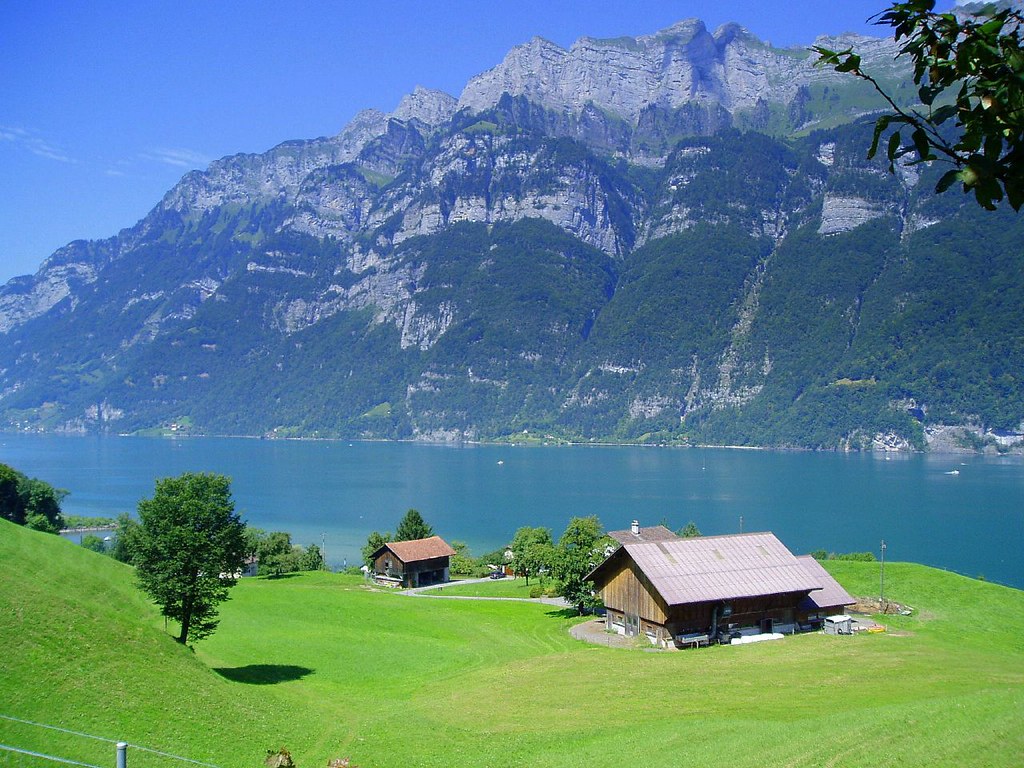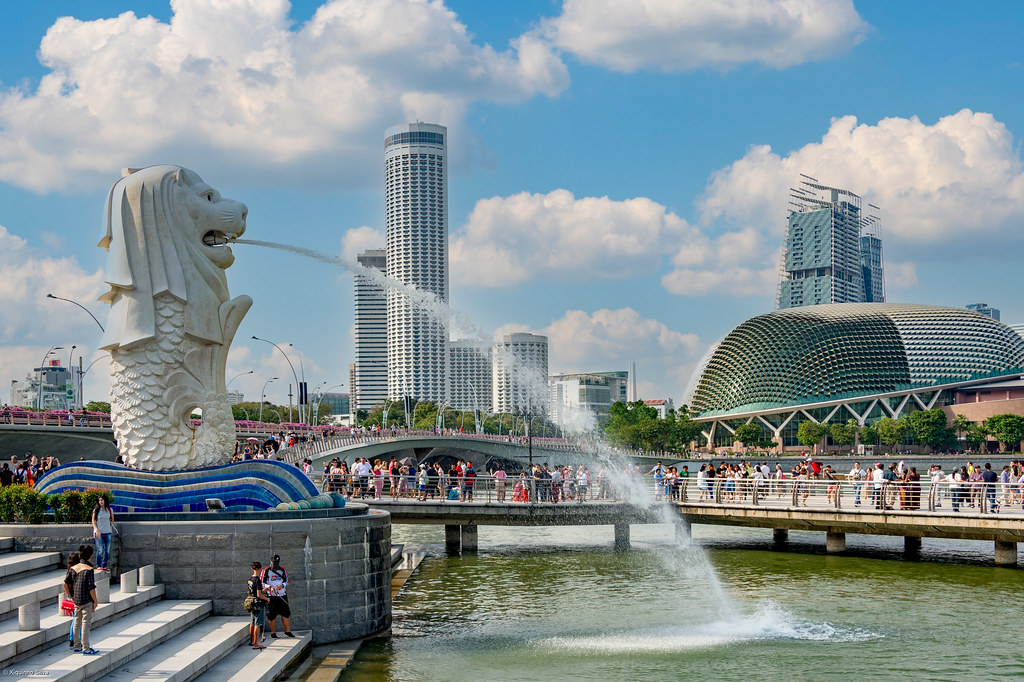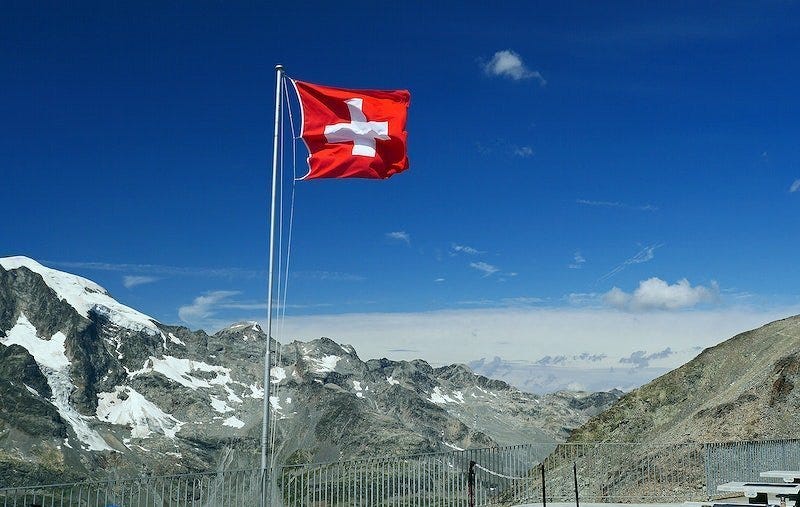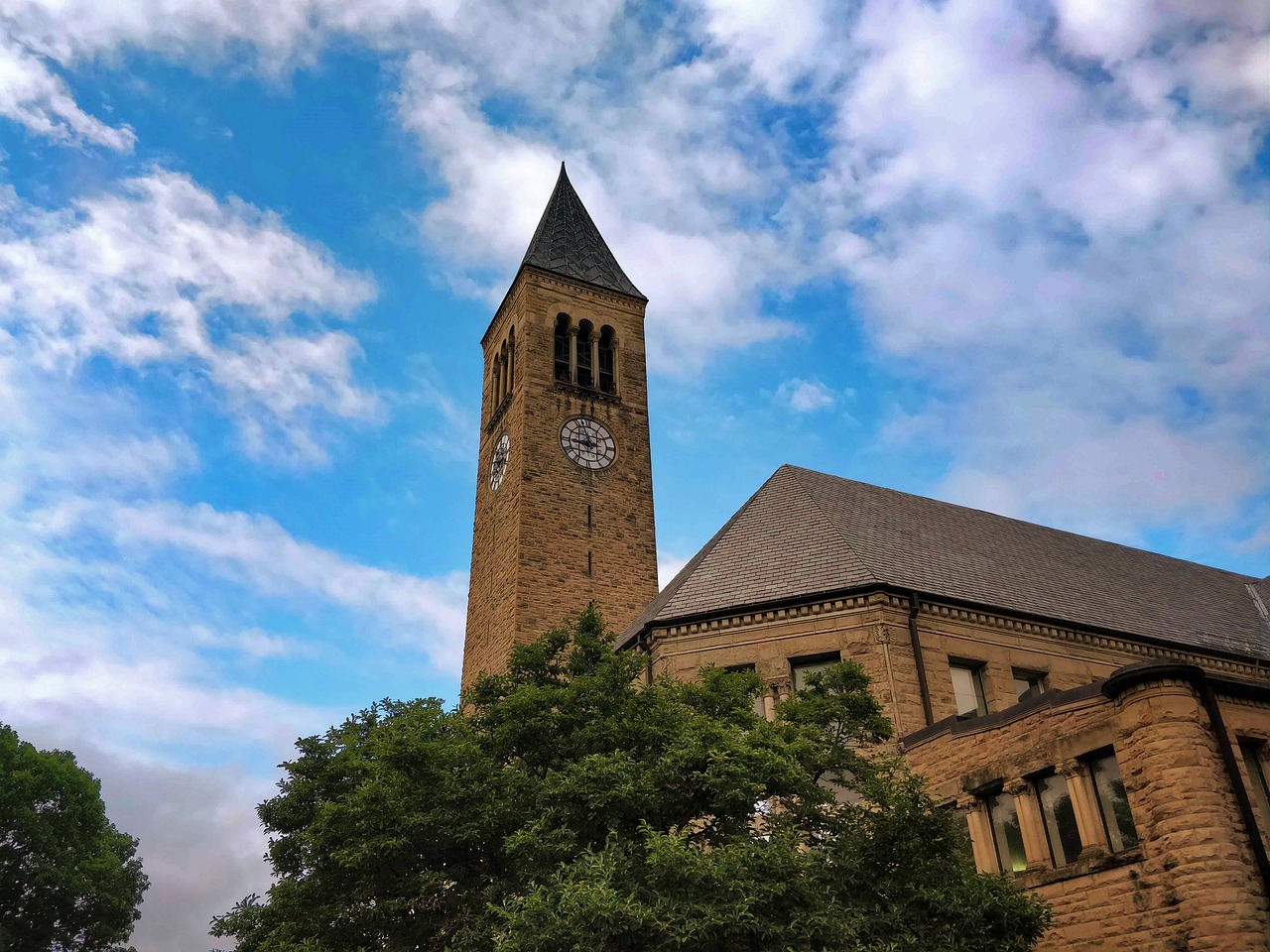What is the real cost of living in Switzerland? It is said that there is 1 millionaire for every 22 locals in Switzerland, with a per capita salary equivalent to more than 6,800 CHF. If you earn less than 3,100 CHF per month, you will be categorized as a member of a low-income group. The high income also means big living expenses in Switzerland. Therefore, how much does it cost the average person to live in Switzerland? Let’s see it together.
Cost of Living in Switzerland
Unlike in other European and American countries, there is no need to tip the waiter when spending money in Switzerland because service charges are already included in the price of consumption in most places. According to statistics, the cost in Switzerland is 61.5% higher than the average price in the EU. If you buy the same products from Switzerland and Germany, you will find the price difference is twice as much.
Cost of housing in Switzerland
Housing is one of the biggest costs of living in Switzerland. Renting an apartment is particularly expensive in the major cities of Switzerland, such as Zurich and Geneva. The housing prices in small cities and towns are relatively low, but renting is still expensive. It depends on the location and related facilities of the houses. Here are the details of the various types of accommodations available in Switzerland.
| Apartment (1 bedroom) in City Centre | Apartment (3 bedrooms) in City Centre |
Apartment (1 bedroom) Outside of Centre | Apartment (3 bedrooms) Outside of Centre | |
|---|---|---|---|---|
| Average housing rent per month/CHF | 1,663 | 2,986 | 1,396 | 2,470 |
| Range of housing rent per month/CHF | 1,200–2,500 | 2,000-4,900 | 1,000-2,000 | 1,800-3,600 |
Cost of transportation in Switzerland
Switzerland has a very well developed public transportation system, but the cost of transportation is expensive. Monthly city passes will cost you around 80 Fr. If you want to go to other cities on weekends, you can consider buying a Swiss Half Fare Card (a discount on train tickets), which is about 185 Fr. per year.
For those who are used to driving, the cost of maintaining a car should not be overlooked. For example, a resident of Zurich spends about 4,000 Fr. a year on car maintenance. Biking for short distances is also a money-saving and healthy option.
| One-way Ticket | Monthly Pass | Taxi Start (Normal Tariff) | Taxi 1km (Normal Tariff) | Taxi 1hour Waiting (Normal Tariff) | |
|---|---|---|---|---|---|
| Average transportation cost/CHF | 3.50 | 80 | 6.50 | 4 | 69 |
| Range of transportation cost/CHF | 3-5 | 67-174 | 5-10 | 3-5 | 45-80 |
Cost of food and groceries in Switzerland
Switzerland food prices are higher than in other Scandinavian countries, with a meal for two in an average restaurant costing 25 Fr. In addition, the price of agricultural products is much higher in Switzerland than in neighbouring countries, though farmers have subsidies from the local government.
| Inexpensive Restaurant | Mid-range Restaurant | McMeal at McDonalds | Groceries | Taxi 1hour Waiting (Normal Tariff) | |
|---|---|---|---|---|---|
| Average cost/CHF | 25 | 110 | 15 | 230 | 69 |
| Range of cost/CHF | 18-40 | 80-169 | 14.50-18 | 200-500 | 45-80 |
Other expenses in Switzerland
Switzerland’s insurance system is world-renowned. According to the Swiss Constitution, residents must have pension and health insurance. In addition, there is a wide range of vehicle insurance, accident insurance, unemployment insurance, household appliance insurance, occupational prevention insurance, family pet insurance, and so on.
Utilities and leisure activities in Switzerland also require a certain amount of overhead. For example, a monthly gym membership costs around CHF 70-100. For an occasional movie (20 CHF a ticket) or a small dinner, the budget is around 100 CHF.
| Utilities | Sports and leisure | Health insurance | Groceries | Taxi 1hour Waiting (Normal Tariff) | |
|---|---|---|---|---|---|
| Average cost/CHF | 312 | 131 | 300 | 230 | 69 |
| Range of cost/CHF | 201-500 | 91-195 | 200-400 | 200-500 | 45-80 |
Cost of Living in Switzerland: Top Universities
Switzerland boasts a world-class quality of education, with its universities and research institutes leading the way in a number of fields. Public universities in Switzerland are usually tuition-free, and students are only required to pay a yearly registration fee.
In addition, many public universities offer generous scholarships to support students in their studies and lives. Therefore, many international students want to study in Switzerland. Other than education quality, the cost of living in universities is also one of the necessary elements students should consider. Below are the living expenses of some top universities in Switzerland.
| No. | University | 2025 Qs ranking | 2025 THE ranking | Tuition fees yearly/CHF |
|---|---|---|---|---|
| 1 | ETH Zurich | 7 | 11 | 1160 |
| 2 | University of Zurich | 109 | 80 | 1440 |
| 3 | Ecole Polytechnique Federale de Lausanne(EPFL) | 26 | 32 | 4380 |
| 4 | University of Basel | 131 | 126 | 1700 |
| 5 | University of Geneva | 155 | 171 | 1000 |
If you can not apply for the on-campus student accommodations, renting student houses near your campus is another feasible way to ensure you finish your studies in Switzerland. uhomes.com has many affordable student accommodations with different rental terms so you can book your house based on your needs.
Cost of Living in Switzerland: Top Cities
The 5 most expensive cities in Switzerland to live in 2025 on Numbeo’s list are Zurich, Lausanne, Geneva, Basel, Bern. They are also the top 10 cities with the highest cost of living in the world.
| Rank | City | Cost of living Index | Average cost of living monthly/CHF |
|---|---|---|---|
| 1 | Zurich | 102.2 | 2993 |
| 2 | Lausanne | 100.0 | 2892 |
| 3 | Geneva | 99.7 | 2397 |
| 4 | Basel | 96.9 | 2497 |
| 5 | Bern | 94.0 | 1433 |

- Zurich
Zurich, Switzerland’s largest city and economic centre, has a relatively high cost of living. The cost of renting a one-bedroom apartment in the centre of Zurich is about CHF 1477. The cost of living in Switzerland for a single person in a typical restaurant is about CHF 14.6. Moreover, transportation costs for a year in the city are roughly CHF 500 or more, which is even higher in the suburbs.
- Lausanne
Lausanne is a historical and cultural city in Switzerland. It is also the home to prestigious universities, such as École polytechnique fédérale de Lausanne (EPFL) and University of Lausanne (UNIL). Generally, a student’s cost of living is around CHF 1,950 per month, including food and household items (around CHF 850 to 900) and accommodation (around CHF 600 to 800 excluding heating, utilities, etc.).
- Geneva
As one of the world’s most expensive cities to live in, Geneva has a cost of living index of 99.7. The estimated monthly cost of living in Geneva, Switzerland for a person is about CHF 2397. The cost of rent for a 30-square-meter studio with a balcony is about 2,000 Swiss francs per month, and the cost of necessities and food is about 1,500 Swiss francs per month. health insurance is 530 Swiss francs per month.
- Basel
Basel is located in central Switzerland. As one of Switzerland’s major economic and cultural centres, Basel boasts a high level of quality of life, but this also means that residents have to bear a high cost of living. Expenses for accommodation, food, transportation and entertainment are all relatively high. Among them, housing costs account for a large proportion of the cost of living.
- Bern
Bern, the capital of Switzerland, has a relatively high cost of living. Accommodation is a major expense for both international students and residents, especially in the city centre or in areas with good transportation, where rent prices are higher. In addition, due to the high price level in Switzerland as a whole, residents of Bern have to afford a relatively high amount of money on food and drink, as well as other daily expenses.
Tips for Saving Money in Switzerland

- Choose affordable accommodation
Living in affordable accommodations is a good way to save money. People can rent shared apartments in residential areas with lower rent prices. If university students in Switzerland fail to apply for the residence hall, finding suitable off-campus student accommodation in advance is necessary. Or you can consider the “rent-a-room” scheme, where you can rent a room from a local family and help with household chores in exchange for reduced rent.
- Shop in a smart way
Many Swiss residents regularly drive to neighbouring countries like France or Germany to shop to save on living costs. Some even choose to live there long-term instead of commuting daily. To save on food, it’s helpful to plan meals, buy groceries in bulk, and look for discounts in supermarkets. Additionally, seasonal fruits and vegetables are usually cheaper and fresher.
- Use public transportation
Switzerland has an efficient and extensive public transportation system. Going out by public transportation is more cost-effective than driving, which can help you save money on vehicle maintenance and gas. You can consider purchasing a SwissPass to enjoy discounts on travel expenses.
- Carry on things with you
Remember to bring a water bottle if you go for a meal or a night out. There are many fountains in Switzerland where you can catch free drinking water. Don’t worry. Only undrinkable water, such as that from train toilet taps, will be labelled as undrinkable to remind people. You can also bring your own shopping bag when you go to the supermarket.
Conclusion
The cost of living in Switzerland is higher than in other countries. Living in Switzerland can be an exciting experience. A high standard of living and world-class amenities also mean expensive living costs in Switzerland. In this article, you can learn about the living costs in Switzerland, from accommodation, food and groceries to transportation and entertainment. By exploring our cost-saving tips, you can make your life better and enjoy everything in Switzerland within your budget.
FAQ
Is living in Switzerland a expensive?
Yes. Living in Switzerland is expensive for most ordinary people. People living in Switzerland must pay for their daily expenses, including housing, food and transportation. The cost of housing in Switzerland is extremely high, which accounts for a large proportion of living expenses.
What is the price of renting an apartment in Switzerland?
The rent of a one-bedroom apartment in the city centre of Switzerland is CHF1,662.22, which is more expensive than CHF 1,393.09 for a three-bedroom apartment in the city centre.
Is it less expensive to live in Switzerland than in the UK?
No. Living in Switzerland is more expensive than in the UK. According to the latest statistics, the cost of living in Switzerland is an average of 69.2% higher than in the United Kingdom. Rent in Switzerland is 54.0% higher than in the United Kingdom.
Which Swiss city has the lowest prices?
Cities in Uri are the cheapest city in Swiss. As one of Switzerland’s landlocked cantons, Uri boasts stunning views of the Alps and is an important historical witness to the founding of the Swiss Confederation, attracting many visitors to explore its stunning natural beauty and deep cultural heritage. The housing price is low in this area and it has a relatively low tax rate.
What is the typical cost of living for international students studying in Switzerland?
The total cost of living for international students in Switzerland can range from around CHF 2,000 to CHF 3,500 or more per month. That is, the annual cost of living is around CHF 24,000 to CHF 42,000 or more, depending on individual circumstances and lifestyle choices.








